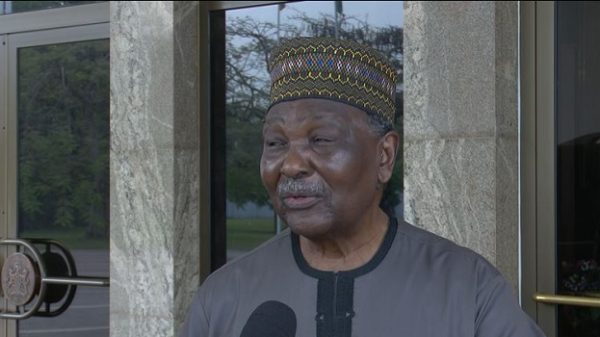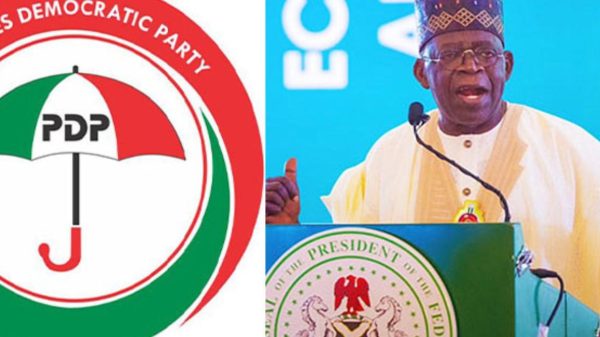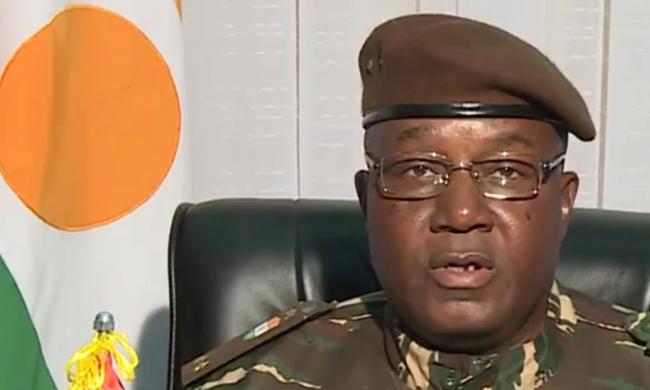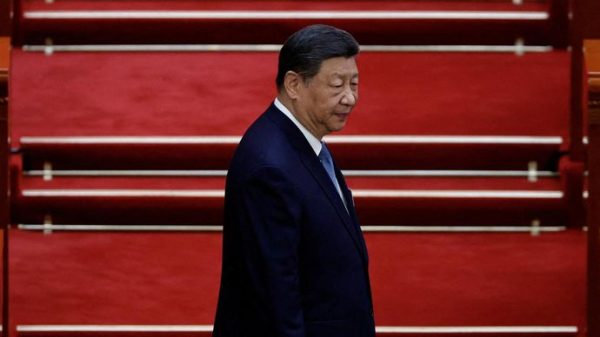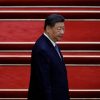The military authorities in Niger Republic have taken control of uranium mining operations run by French nuclear firm Orano, escalating tensions between the West African nation and France. This development follows the military coup in July 2023, which ousted Niger’s civilian government, straining relations between the two countries.
In June, Niger’s military leadership revoked Orano’s license to exploit one of the world’s largest uranium deposits, leading the company to halt production. Orano, which operates through its subsidiary, Somair, in which Niger holds a 36.6% stake, has expressed concern over the military’s interference in its operations.
In a statement, Niger’s Minister of Mines, Colonel Abarchi Ousmane, defended the government’s actions. “The French state, through its head of state, has declared that it does not recognise the current authorities in Niger. Does it seem possible to you that we, the state of Niger, would allow French companies to continue extracting our natural resources?”
Niger, which contributes about 5% of global uranium production, had previously supplied 15-20% of France’s uranium imports. However, the coup and subsequent border closures with Benin have blocked Orano from exporting approximately 1,150 tonnes of uranium concentrate valued at $210 million.
The French company announced its intention to defend its rights through legal channels while expressing willingness to collaborate with stakeholders to restore stable operations. Despite these assurances, Orano’s operations remain suspended, leaving Niger’s vast uranium reserves in limbo.
The military government has voiced dissatisfaction with existing agreements, arguing that foreign firms have unfairly profited from Niger’s resources. Officials have signaled interest in involving Russian and Turkish companies to replace Western firms in the mining sector.
This marks a significant shift from past decades, where French dominance over Niger’s uranium industry was solidified through post-independence agreements. The current military leader, General Abdourahamane Tiani, has pledged to reduce Western influence and ensure Niger gains greater control over its natural wealth.
Analysts warn that the standoff could have broader repercussions, affecting France’s energy security and highlighting the geopolitical battle for resources in Africa. With Russia and Turkey potentially entering the mining landscape, the move underscores a reshuffling of global alliances.
Niger’s government has yet to respond to Orano’s recent statements, leaving the future of its uranium industry uncertain.



